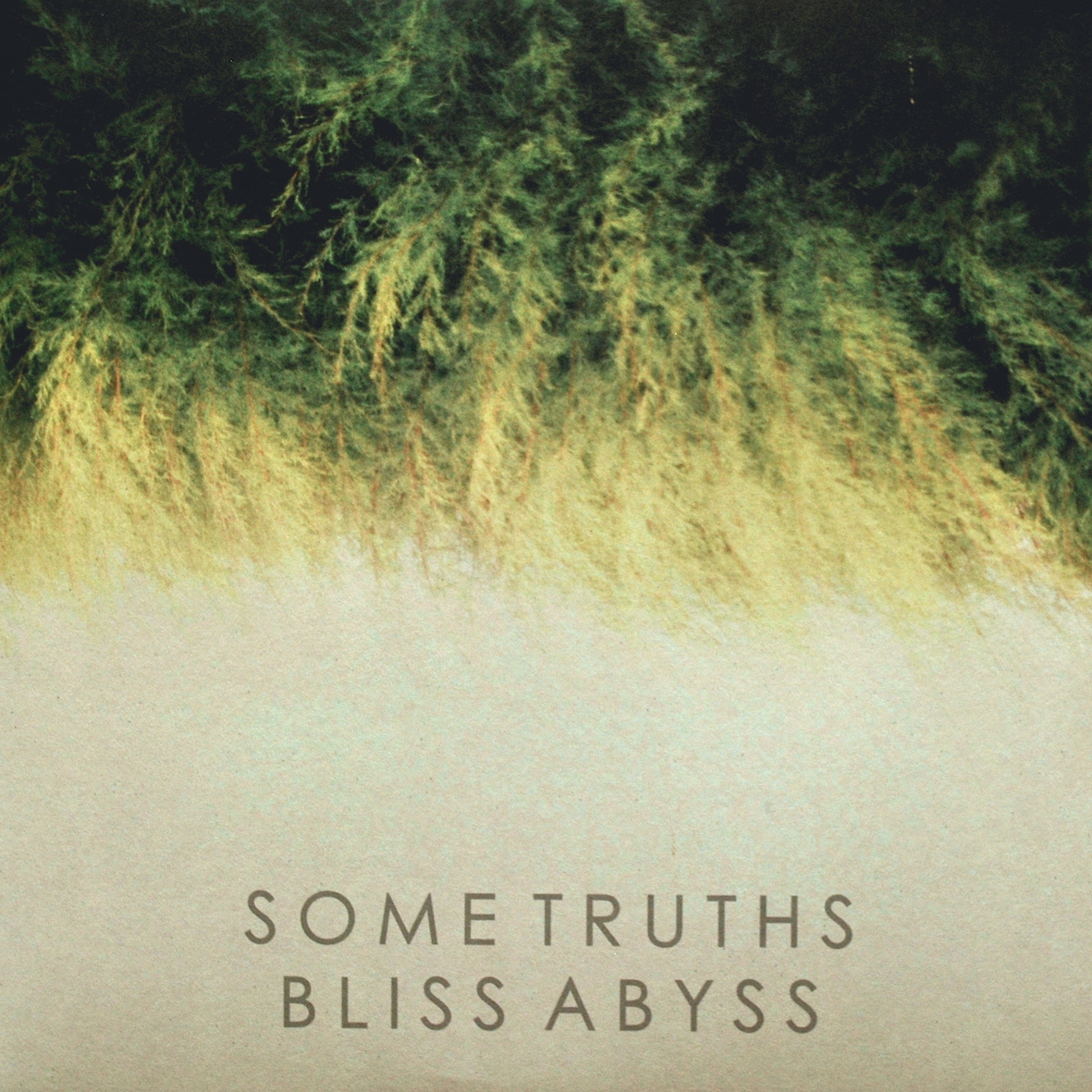There is a lot that can be said for sobbing acid casualties. What might seem to the Conservative ballot-casting outsider like a drooling comatose corpse slumped in the corner of a dance floor is, in fact, a creature that has traversed the finer fragments of inner space. It has seen truths of unfathomable magnitude and has forfeited its right to language, or any other method of terrestrial communication, for that matter. It knows that words do not help to explain the celestial-divine. They hurt and hinder.
Ralph Cumbers is an unlikely champion of the saucer eyed. He is calm, soft-spoken and patient; approachable and welcoming like a chocolate hug on a merciless February morning. He is perhaps better known for his club-orientated, trombone-wielding work as Bass Clef, but it is the Some Truths alias he takes out for a walk on this occasion. Bliss Abyss is Cumbers’ first release for the London-based experimental electronics label, We Can Elude Control. It sets out to explore fragile states of lucidity, joyous moments in alternative history and taciturn lessons in active enlightenment. The primary concern of this record, however, is finding contradictions within the Golden Section.
Inaugurating the journey downward into the spiral is A Place for Nothing and Nothing in its Place. The opening track misdirects the listener like a malfunctioning propaganda machine. There are hints of an expensive, lucrative space programme at work here and it isn’t surprising really, seeing as Cumbers’ Doepfer A-100 boasts a few Soviet modules. Doubt is imminent and swells exponentially with every racing pulse on Gold Rose the Colour of a Dream I Had. Loquacious towers of glass fall and rise, subjecting man caves across the country to a viral cacophony. The beats are infectious, unstable and uncertain, but welcoming too, like a mother’s breast.
At the cynosure of the abyss we find a battered Roland TR606 drum machine, relentlessly driving Cumbers’ modular experiments into Technicolor territories. I Brought You Back Treasures From the Void best demonstrates his playful nature. Cumbers manipulates his machines as if they were companions in a game of table tennis. At first, the ball is happy to bounce monotonously back and forth, but with a tweak of a spanner, the sport permeates into hard labour and new mercurial dimensions open their doors. This Love Will Make You Levitate follows through into the beckoning darkness, aiming to remind us that ‘analogue warmth’ is just fanciful romanticism. Analogue can be just a cold as binary. It all depends on how one interprets mathematical tongues.
Werner In Iquitos helps to balance the temperature with sublunary references to West German cinema, but it is Comedowncomeround that brings the listener back into the land of the real. Reflecting on the experience, one has to admit that, to a certain extent, Cumbers is a psychedelic pioneer: bravely exploring the caustic stratosphere, while managing to retain his cognitive faculties. The music he creates is mysterious and probing. It is sculpted with confidence, substituting voltage for clay and evokes enticing images in the mind of the listener. It has the effect of timelessness, yet utilises technology from the recent past. There is evidence of forward-thinking naiveté on Bliss Abyss, much in the same manner as there was during the space race. Like the scientists before him, Cumbers encourages mistakes, because he is certain they will reveal truths alternative to what we think we know. This here is progress.
Bliss Abyss is out now via We Can Elude Control. Buy the album here.














No Comment